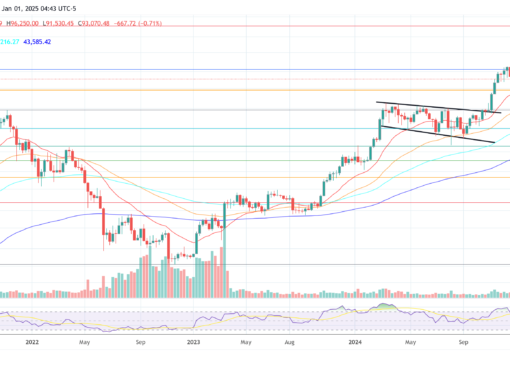The Boston Security Token Exchange (BSTX) is still looking to be approved by the United States Securities and Exchange Commission. The second amendment to its Oct. 11 filing, submitted on Feb. 19 and published on March 6, makes it explicitly clear that the security tokens will not have any role in defining ownership.
BSTX is a proposed exchange platform jointly owned by Box Digital Markets and Overstock’s blockchain arm tZero. Its goal is to be the “world’s first regulated exchange to trade security tokens,” according to its website.
The text of the filing reveals that security tokens will have no impact on ownership, which is generating criticism from industry players.
Blockchain as “ancillary record”
The proposal details how each security listed on the exchange will need to be paired with an ERC-20 security token issued on Ethereum. Trading on the exchange would also require an Ethereum wallet, the address of which would need to be “whitelisted” by the exchange.
This would have no effect on the actual ownership and clearance of the securities listed by BSTX. The filing reveals that the exchange seeks to issue normal National Market Service securities, deposited with the Depository Trust Company and cleared via the National Securities Clearing Corporation. These agencies are used by traditional exchanges such as NYSE as well.
The Ethereum blockchain would serve as an “ancillary recordkeeping mechanism,” with BSTX requiring its users to register the resulting security balances on the blockchain at the end of each U.S. trading day.
In the section explaining the benefits of the addition of security tokens, Box essentially described their implementation as having educational use only. It wrote:
“The Exchange believes that promoting use of the functionality of smart contracts […] will allow market participants to observe and increase their familiarity with the capabilities and potential benefits of blockchain technology […]”
The supposed increase in public interest could pave the way for more tangible uses of blockchain in securities markets, according the filing.
Harsh criticism by traditional institutions
The SEC published the filings as a way of soliciting comments from other industry actors. One such comment was submitted on Feb. 25 by New York City law firm PKA Law on behalf of an unnamed client.
The firm requested clarifications on a number of aspects relating to the use of the security tokens, including their settlement, reporting, market making and others.
The attorneys argued that it is unclear how ownership of the security tokens would be verified, especially for complying with Know Your Customer and Anti-Money Laundering laws.
Analyzing how the blockchain integration works, the letter notes that it may introduce additional reporting requirements due to potential discrepancies in ownership. The law firm concluded:
“It is therefore unclear what efficiencies or purpose an ancillary recordkeeping service would provide, or why a ‘Wallet Manager’ would improve rather than complicate current market structure.”
The law firm remarked that the BSTX filing had “little dissemination among market participants.” In addition, it highlighted the connection between tZero — “one of the only known security tokens” — and BSTX, and urged the commission to study the relationship in more detail.
The comment reveals an unimpressed stance toward the concept of security tokens by some participants of traditional markets.
It appears that the road ahead of BSTX is still long. Even if it obtains the SEC’s approval, the exchange may find it hard to uproot what the law firm called a “very efficient global marketplace.”




